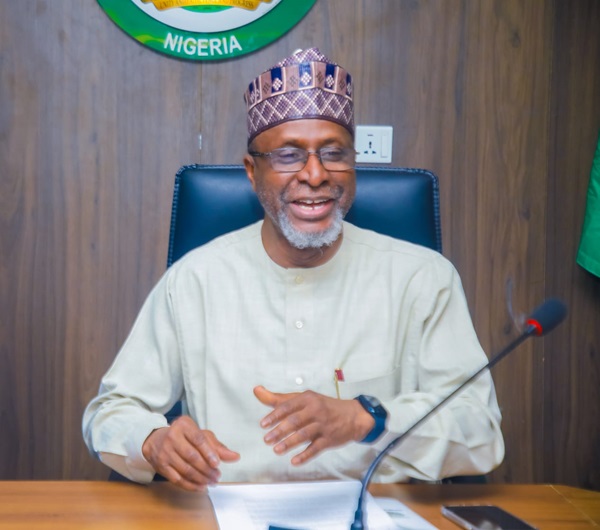
The Minister of Environment, Balarabe Lawal has stated that the full implementation of Nigeria’s National Clean Cooking Policy will generate approximately ten million direct jobs for young people across the country.
These jobs will include assembling local raw materials, production, distribution of clean cookstoves, and the potential to earn carbon credits through the development of a national carbon market framework, the minister disclosed.
The ministry, he said, aims to mitigate greenhouse gas emissions, improve public health, create jobs, build livelihoods, protect the environment, prevent deforestation and help families, institutions, and businesses save time and money through the approved National Clean Cooking Policy. This policy was approved by the Federal Executive Council (FEC).
The minister highlighted that the policy’s implementation will help Nigeria achieve various targets including net zero 2060, the Energy Transition Plan, and a carbon-neutral clean cooking future by 2060. As part of the Energy Transition Plan, 20 per cent of the clean cooking target will be from electric cooking, 54 per cent from Liquefied Petroleum Gas (LPG), and 13 per cent from fuel-efficient biomass cookstoves. Other components of the 2030 target include 3 per cent for biogas and 5 per cent for briquettes from agricultural waste.
The minister emphasised that the policy aligns with clean cooking targets in Nigeria’s updated NDC (2021), National Climate Change Policy (2021-2030), Climate Change Act (2021) and National Gas Policy (2017). The policy was unveiled at the 17th session of the National Council on Environment on 24th April, 2024, at NAF Event Centre, Abuja.
The policy will be implemented by relevant Federal MDAs and transmitted to the 36 states and the FCT for their participation. The involvement of states, local governments, and all stakeholders is recognised in achieving the policy’s key recommendations, including awareness creation, integrated solutions, capacity building and financing. Other recommendations involve institutional cooking, planning, collaboration, incentives, technologies and research.
The ministry has engaged with local clean cookstove manufacturing companies in Nigeria to scale up production as a significant economic benefit. The ministry is also seeking support and partnership from development partners such as the World Bank to achieve the set targets, aligning with the ‘Renewed Hope’ agenda of Mr. President.


